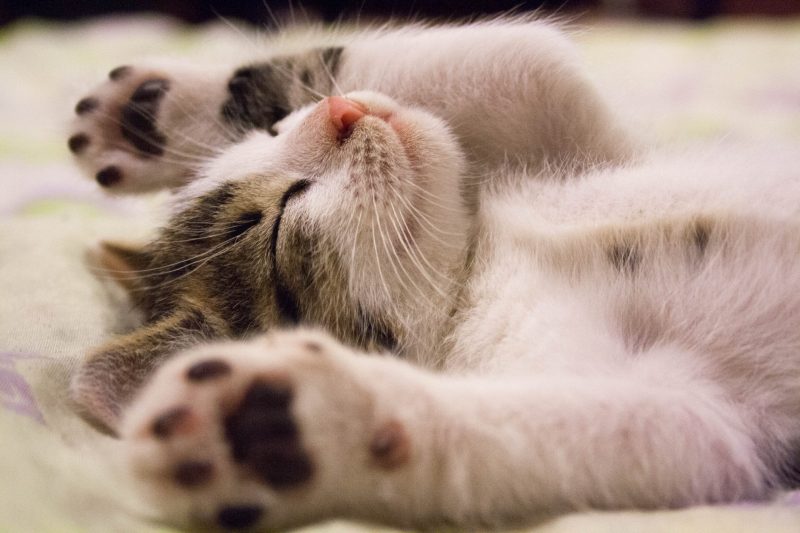Help Your Pets Vet, My Cat Meows Constantly
My family and I adopted a four-year-old mixed Siamese. She has brought us much joy, but we are concerned that she may have separation anxiety. She follows me around almost everywhere, which is heartwarming, but meows incessantly when I am not with her. Also, when I go to bed, she will meow loudly and continuously for me to accompany her. When I take her to my room, she will want to go outside, but will again meow loudly for me to follow her. This usually keeps my other family members awake. How can we minimise this?
A plan for environmental and behavioural modification can be developed to tackle such behavioural issues. This usually requires detailed history-taking of the home environment and the interactions of your cat with household members first.
What Could Have Caused Cat Meows
A detailed understanding of the circumstances surrounding the behaviour – including the environment, what happens before and after the behaviour, potential motivations for her vocalising behaviour, and what reinforces the behaviour – is important when confirming if the issue is truly separation anxiety and helping to identify what can be done to modify it.
Some questions to consider include:
Does the cat direct this behaviour only at you or does she also react in the same way to other household members? Does it happen only when you are at home or does it also happen when you leave your home?
In some cases, the meowing behaviour could have been reinforced by what happens after she vocalises.
For example, she might have “meowed” to seek attention or play.
When she does so, perhaps to enter a room and you open the room door, this may inadvertently reinforce the behaviour. This means that she may repeat the behaviour when seeking attention in the future.
What To Do After You Understand The Cause
If this is indeed a contributing factor, you can schedule predictable social interactions – including play and social time – into your cat’s daily routine, and reward her exhibiting relaxed and independent behaviour, such as spending time chilling out on a mat away from you, instead of seeking attention or food.
The attention-seeking behaviour should no longer be rewarded with attention. Instead, the cat can be directed to desirable behaviour, such as sitting on the mat, before getting rewarded.
If her behaviour is causing problems, you should seek help from an animal behaviour consultant.
To diagnose separation anxiety, it is important to first examine the animal and watch its behaviour.
Here’s 5 Other Reasons Why Your Cat Meows At You Constantly
This is another 5 other reasons that you might want to check out.
Read our other reviews and guides:
- Best Dog Training Collar
- Best Dog Radio & Wireless Fence
- Best Cat Flea And Tick Control
- Best Cat Automatic Feeder




